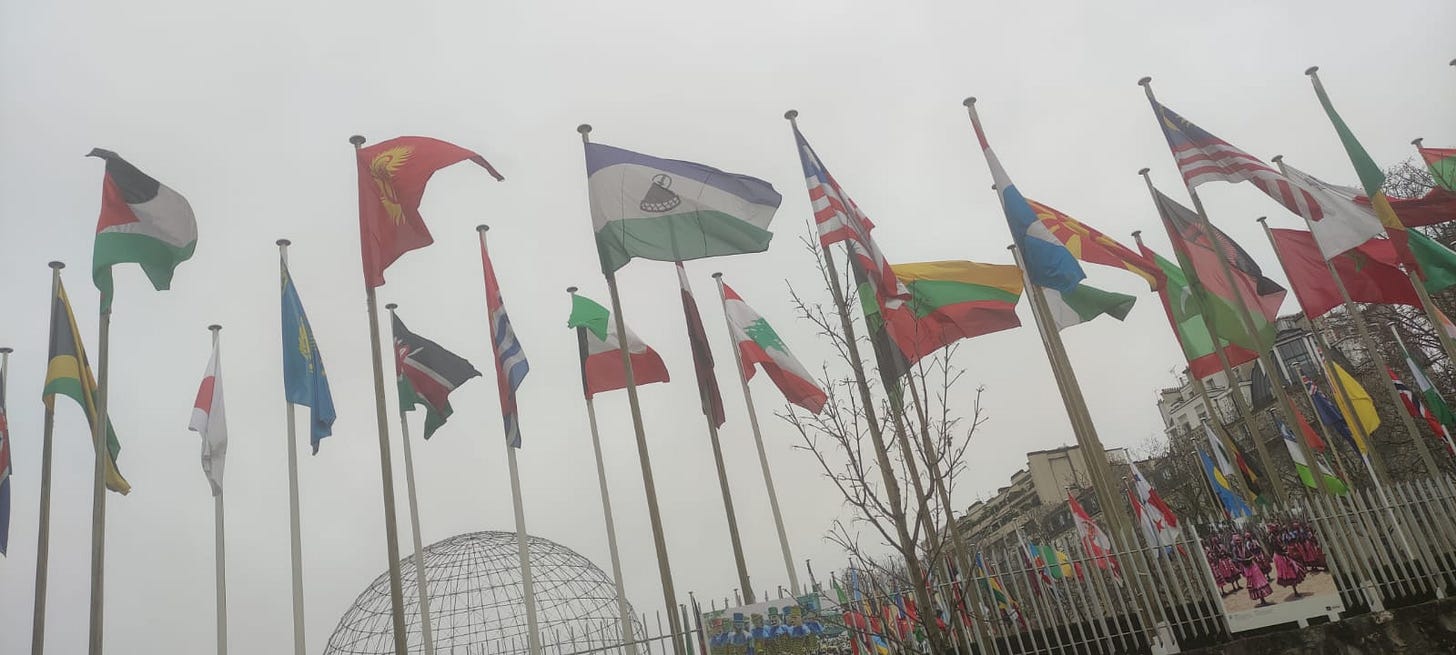Celebrating Multilingual Education on International Mother Language Day
By Nthatisi Bulane
Every year the 21st of February is a day set aside by the United Nations to celebrate the Mother Tongue, the First Language, the Indigenous Language, Native Language, whichever one of these appellations appeases our envies.
This year, as has been the tradition since the turn of the century, the United Nations Educational, Scientific and Cultural Organization (UNESCO) headquarters in Paris held a one-day celebration to honour languages...all languages. I got to attend this year’s conference and reflect on the value of multilingualism in education, especially for those of us in the diaspora.
The day started with conferences from diverse advocates of the mother languages coming from the public as well as the private sector. The speakers and attendees all ended up speaking one language, agreeing on the critical languishing state of education due to the glaring absence of mother tongue educational policies or their lack of reinforcement despite their giving way to a fair and inclusive kind of education.
UNESCO puts emphasis on the cohabitation of mother tongues alongside widely dominant languages, especially English and French. Education in languages other than one’s mother tongue is education without literacy, one speaker pointed out. While realizing that that 40% of learners worldwide learn in a non-native language has a fun-fact air to it, it highlights the terrifying conclusion shown by studies that most illiterate people are those who are underprivileged by language. By virtue of learning through an unknown foreign language, these learners are marginalised and excluded from gaining direct access to the necessary tools for learning and acquiring knowledge, unlike speakers of the world's dominant languages, who start and finish the school learning process in their own native languages. One speaker asked an intriguing question: should educational policies be grounded in literacy and thus make literacy the basis of education?

To the diaspora communities, the underlying message was quite compelling as speakers fervently recommended that diaspora parents not deprive their children of the wealth that others seek to attain. Multilingualism is an asset rather than a liability and needs to be cherished, not resented. Remember, languages are bridge-builders for the diaspora. Mother tongues give their speakers the privilege to reclaim their heritage in all aspects of life. Losing one’s language is losing one’s soul!




